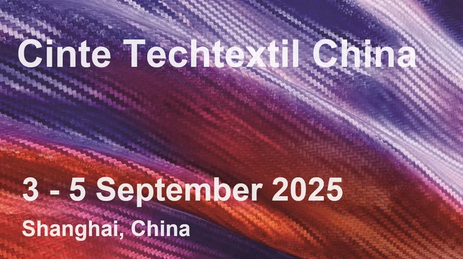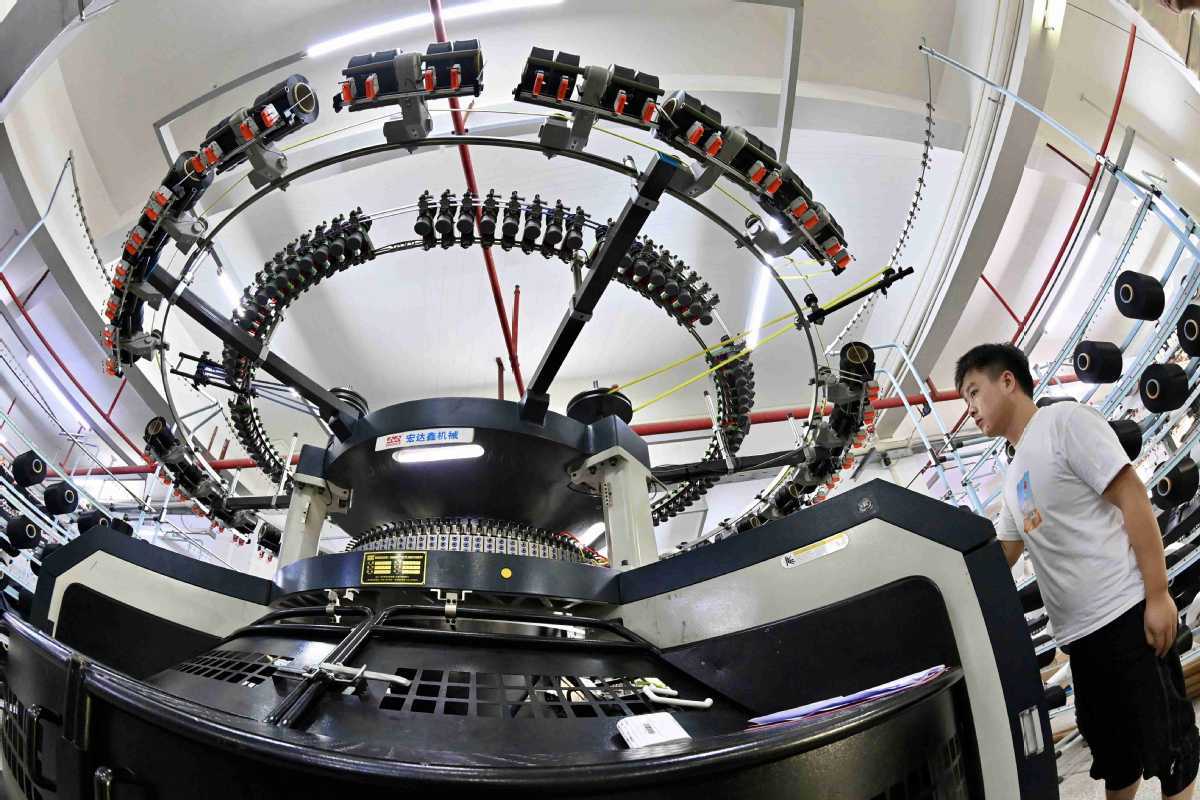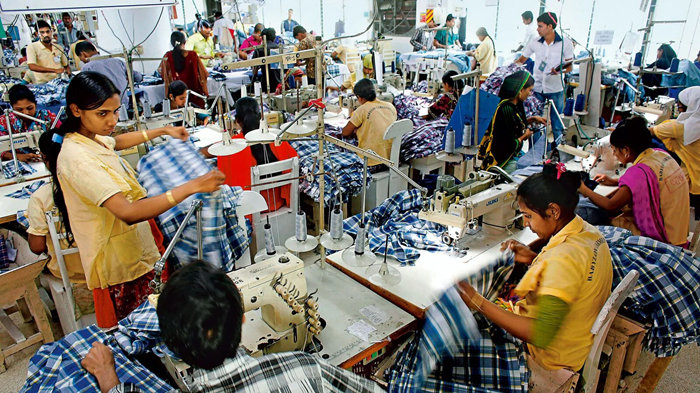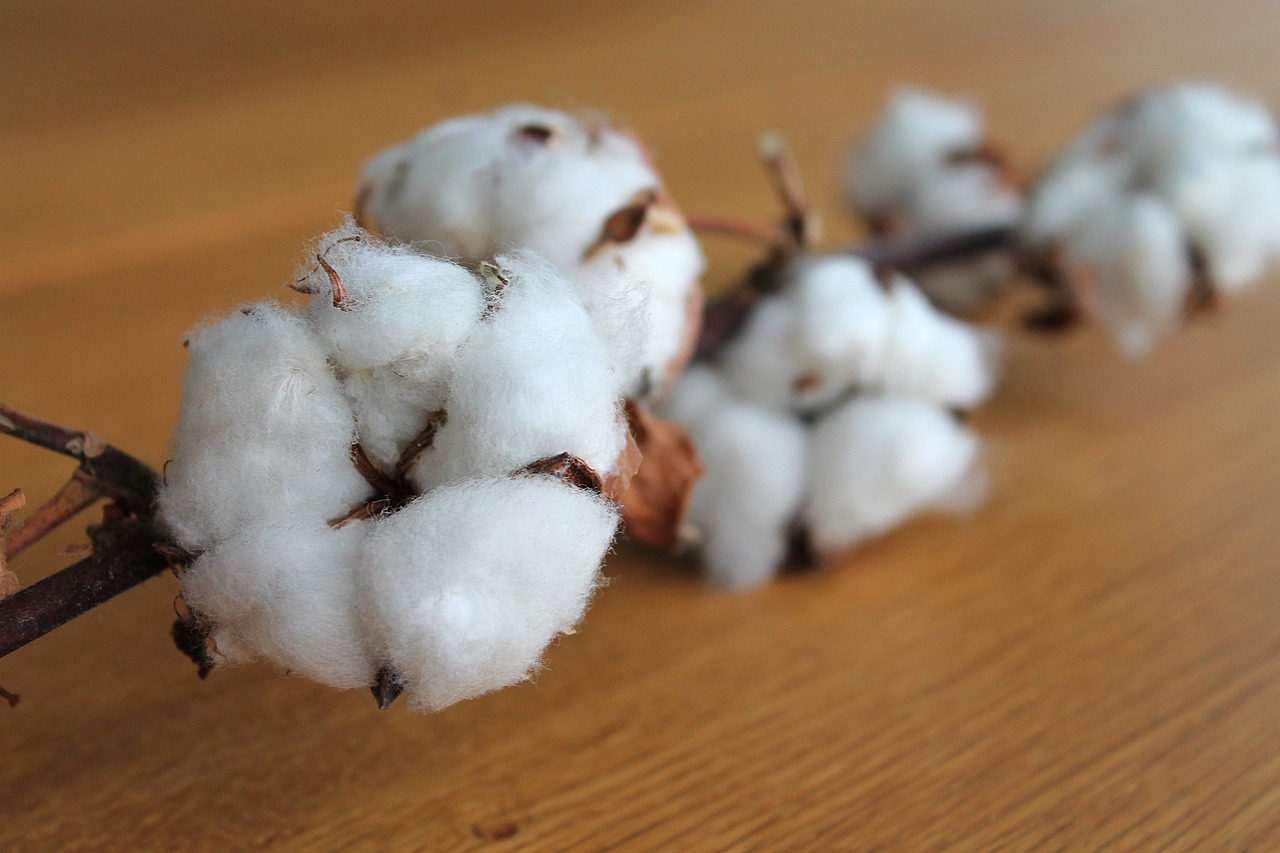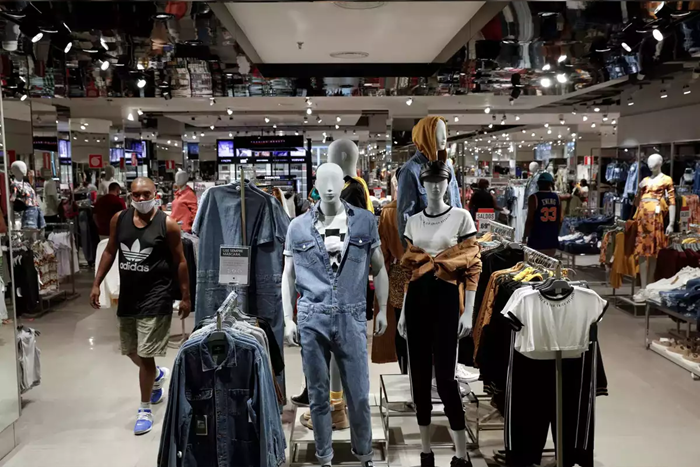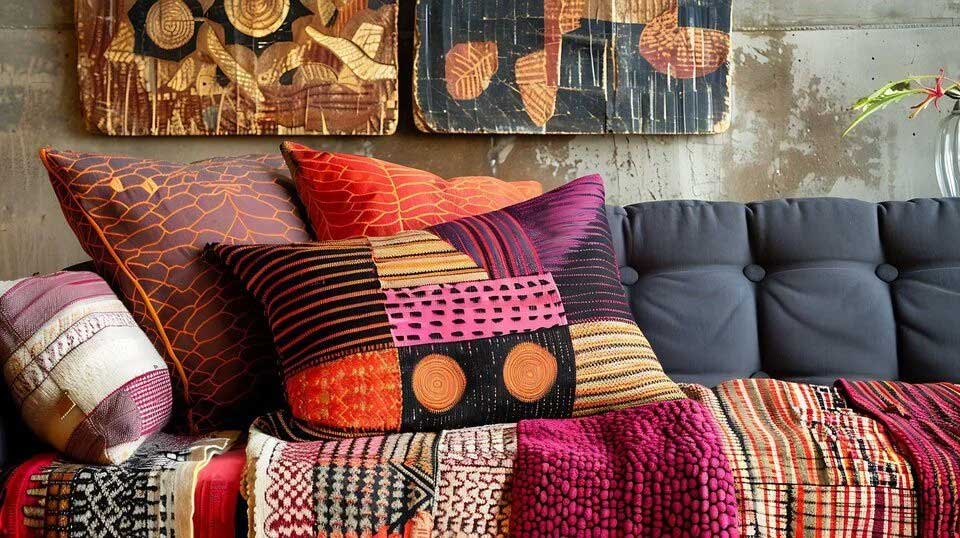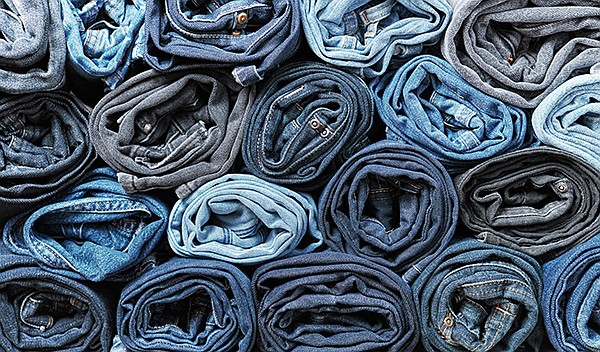FW
ITMA 2015 will be held from November 12 to 19, 2015 in Italy. ITMA is a textile and garment machinery exhibition and will cover 2,00,000 sq. mt. of space. Global textile and garment technology suppliers take part. ITMA's theme of sustainable innovation resonates with the world’s leading textile and garment makers, fashion and lifestyle brands and retailers.
European textile machinery manufacturers have a strong interest in ITMA. Several CEMATEX countries have increased the space booked for the 2015 show compared with the 2011 event, including Italy (up 30 per cent), Netherlands (up 20 per cent), France (up 13 per cent), Germany (up 4 per cent) and Sweden (up 2.5 per cent). The top five countries in terms of space booked are Italy (34 per cent), Germany (25 per cent), Turkey (7 per cent), Switzerland (7 per cent) and India (6 per cent).
The products exhibited will reflect sustainability, cutting-edge research and technological innovations. ITMA 2015 will feature a number of knowledge-sharing events. These include the World Textile Summit, a Nonwovens Forum and a Textile Colorant and Chemical Leaders Forum.
Held every four years in Europe, ITMA is considered the Olympics of textile machinery exhibitions. It’s organized by CEMATEX, the European Committee of Textile Machinery Manufacturers.
www.itma.com/
Bayer has launched INSQIN, a novel turnkey solution for a new generation of polyurethane (PU) coated fabrics. The launch marks a new chapter in the footwear and apparel sector, in which Bayer offers brand owners an integrated package of pure waterborne PU technology, material co-development and a certified manufacturer partner program for PU coated fabrics, fostering a new way of value chain collaboration.
Every year, around seven billion pairs of shoes, two billion bags and a billion garments are produced with PU leather and other PU coated fabrics. With pure waterborne PU technology and rich application expertise, Bayer inspires brand owners to explore new possibilities in the design and creation of PU coated fabrics with its INSQIN portfolio.
INSQIN presents a wide range of possibilities to enhance and transform fabrics which meet and even exceed the design requirements for the fashion industry and the performance requirements of the sports world, in applications as diverse as PU leather, functional fabrics or high-performance printing.
Bayer is one of the world's leading polymer producers. Bayer invented PU over 75 years ago and has a leading global status in textile coating applications. It has state-of-the-art pilot lines at dedicated lab spaces in China and Germany.
www.bayer.co.in/
Trade fairs Munich Fabric Start (September 2 to 4) and Blue Zone (September 2 to 3) will attract some 950 international fabric manufacturers from 35 countries. Blue Zone, the area for denim and sportswear, will host some 80 exhibitors with a strong line-up of leading denim brands. Among the exhibits are denim-related products like flats, corduroy, washed qualities, accessories, as well as the latest innovations for resource saving finishings.
Munich Fabric Start is Germany’s leading textile trade fair. It is a significant international trade fair for clothing fabrics, accessories and trims, ribbons, buttons and labels. The fair is held twice a year. It has various segments. Haute Sporture brings to the fore the various trends in textiles and colors in all their sporty elegance. Organic Selection deals exclusively with green fashion. There are various exhibition sections such as Collections, Additionals and the Asia Salon.
Munich Fabric Start will showcase the latest fabric innovations and trend topics for Autumn/Winter 2015-’16. The themes for the season are: Extra and Ordinary. It focuses primarily on the connection between the ordinary and the extraordinary. Classic matters are on the rise with slightly minimalist entries and in technical materials. Romantic themes are more dry and not as dreamy. High-tech influences are mixed with the pure and grounded.
www.munichfabricstart.com/
Europe has an association for sustainable textiles called MaxTex. It supports the interests of sustainable companies in textile production and services. The aim is towards sustainable manufacturing of textiles along the textile value chain. It is supporting its members to market sustainable textile products. It follows Corporate Social Responsibility not only as a moral obligation but also because of real economic reasons.
Enterprises at all levels along the textile value are induced to act responsibly and deliver eco-friendly products which will boost up the share of sustainable textile products in the market. MaxTex is a platform for companies to exchange information on developing, producing and offering sustainable lines for different segments of textile services, such as corporate and protection wear, work wear and personal protective clothing, and sectors like hotels, restaurants and catering and health care. <br/>
MaxTex connects eco-friendly and socially responsible companies who have already proven in real terms their dedication to these set requirements (certificates, memberships, management systems). The founders of MaxTex are textile and clothing companies as well as some fiber and yarn manufacturers.
MaxTex hopes to participate at events like Klima Expo, Texcare Forum and Heimtextil.
The International Federation of Knitting Technologists (IFKT) will be held in Turkey from September 25 to 26, 2014. IFKT 2014 will take place simultaneously with the International Congress on Healthcare and Medical Textiles. IFKT was founded in 1956. It aims to promote the interests of the knitting industry. It has national sections in Austria, Bulgaria, Croatia, Czech Republic, Germany, Hungary, Israel, Korea, Mongolia, Poland, Romania, Russia, Slovenia and Switzerland, Turkey and Ukraine.
IFKT is the center of interest for researchers from different knitting areas where they can discuss and share knowledge and also provide a platform for further conceptual development on all symposium topics. The conference will cover areas like new fibers and materials innovation in knitting technology and knitting machines, technical textiles, functional knitted materials, comfort and wellbeing simulation and modeling fashion in knitting and clothing, finishing treatments of the knitted fabrics, quality and testing in knitting marketing, and management in knitting education in knitting.
ifkt.ege.edu.tr/
The global carbon black market for textile fibers is expected to grow at a CAGR of 7.1 per cent from 2013 to 2019. The carbon black market for textile fibers has been bifurcated into four product segments: polyester, nylon, acrylic and others. Polyester is the largest product segment and accounted for over 55 per cent share of the global market in 2012. Based on end-users, the market is bifurcated into three segments: home textiles, apparels and others. The apparels segment is the most dominant product segment and accounted for around 54 per cent of the global market in 2012. The home textiles segment includes carpets and sheets. The others segment includes automotive and agricultural textiles.
Asia Pacific dominated the global demand for carbon black and accounted for 58.2 per cent of the global market in 2012. This trend is anticipated to continue during the forecast period. The decline in consumption of cotton has resulted in an increase in demand for synthetic fibers. This is one of the growth drivers for the carbon black market as carbon black is used mainly in the synthetic fibers industry. Other major factors driving demand for carbon black for textile fibers include high growth in the polyester fiber market.
Italy's textile trade has been pushed behind by rivals in recent years: high-tech, high-end competitors in countries such as Germany and the United States, and low-end producers in places like China, Bangladesh and Turkey. A central driver of the country's economic growth in the 20th century, Italian fabric manufacturers have been struggling to remain in business since globalization opened the sector to Asian competition at the end of the 1990s.
Though Italy’s fabric industry has improved productivity in recent years, it has not been able to compete on wages. It has led to fewer jobs, lower living standards and abandoned factories. In last two decades, the industry that transformed cotton into thread, or thread into curtains, sheets, towels and clothes has no jobs in hand.
Italy is the world's third-largest exporter of clothes and fabrics. But its market share has decreased to just 4 percent since 2000, while employment in textiles has fallen every year for 25 years. It is now around 60 per cent of what it was in 1990, down 370,000 jobs, according to employers' association Confindustria.
An ethical and organic apparel basics brand, Pact has unveiled one of the largest organic cotton Fair Trade Certified lines by a US apparel brand. The line features 78 different items across 19 product styles including the Fair Trade Certified baby clothes.
The Fair Trade Certified apparel line includes underwear, as well as leggings, camisoles, T-shirts, and long johns. Previously, it had launched a Fair Trade Certified women's T-shirt line exclusively at Whole Foods. This expanded line is now available at retailers across the US at Whole Foods, Amazon and wearPACT.com.
The apparel line is produced in a factory located in India that has been a leader in producing socially and environmentally responsible apparel. The line is certified by Control Union according to the standards maintained by Fair Trade USA. With every purchase of a Fair Trade Certified garment, Pact contributes a percentage of sales to a worker-controlled fund. Workers democratically vote on how to spend these funds which include a disaster relief for factory workers, a scholarship fund for workers' children, infrastructure improvements in their local communities, or a cash bonus.
Pact offers super soft organic cotton essentials that are ethically made and go easy on the environment. From Non-GMO organic cotton grown at farmer cooperatives, to sustainable manufacturing in Fair Trade factories, its fully transparent supply chain allows customers to not only feel good in Pact, but also feel good about where it came from.
During the last decade, the number of people working in California’s apparel and textile manufacturing industry has shrunk by 43 per cent as production of clothing and textiles has moved overseas. However, the industry is still a major contributor to California’s manufacturing economy. Nearly 80,000 people were employed in this sector in 2012, with 90 per cent of them working in Southern California.
The loss of durable manufacturing jobs in the early 1990s was largely a result of reductions in national defense spending. But the largest declines were in non-durable manufacturing, such as apparel, because of California’s high labor costs and proximity to Asian factories.
The state’s manufacturing sector accounts for only about 11 per cent of the goods and services produced in California. The service industry is the overwhelming winner, making up 70 per cent of all the state’s goods and services. There is aerospace, biochemical goods, semi-conductors and electronic components. Manufacturing output continued to climb while employment continues to fall. Te apparel industry can grow by producing more clothing that incorporates high-tech elements used in sportswear and athletic wear to monitor physical behavior, such as heart rate or blood pressure. The Los Angeles area continues to have the highest concentration of apparel workers in the United States.
Bangladesh's textile chemicals market is forecast to grow at a CAGR of around 7 per cent during 2014-19 period. Bangladesh continues to be a major textile exporting country after China and India. The textile chemicals market in Bangladesh benefits from large-scale exports of knitted and woven garments globally. Growing demand for knits and wovens in the US and EU has pushed up the overall consumption of textile chemicals in Bangladesh. The country is also exploring various other export markets, which is expected to further boost the demand for textile chemicals in Bangladesh over the forecast period.
Major factors that would boost textile chemicals market in Bangladesh include the country's growing textile industry, rising readymade garment exports to global markets, and growing demand for multi-functionality and specialty chemicals in the country. Leading textile brands manufacture their readymade garments in Bangladesh, which continues to benefit the market for high performance textile chemicals.
Textile chemicals are used for coloring textiles and fabrics, improving the quality of textiles, and providing desired properties to the textile during processing. These chemicals find widespread application during the processing of cotton, wool and synthetic fibers.

